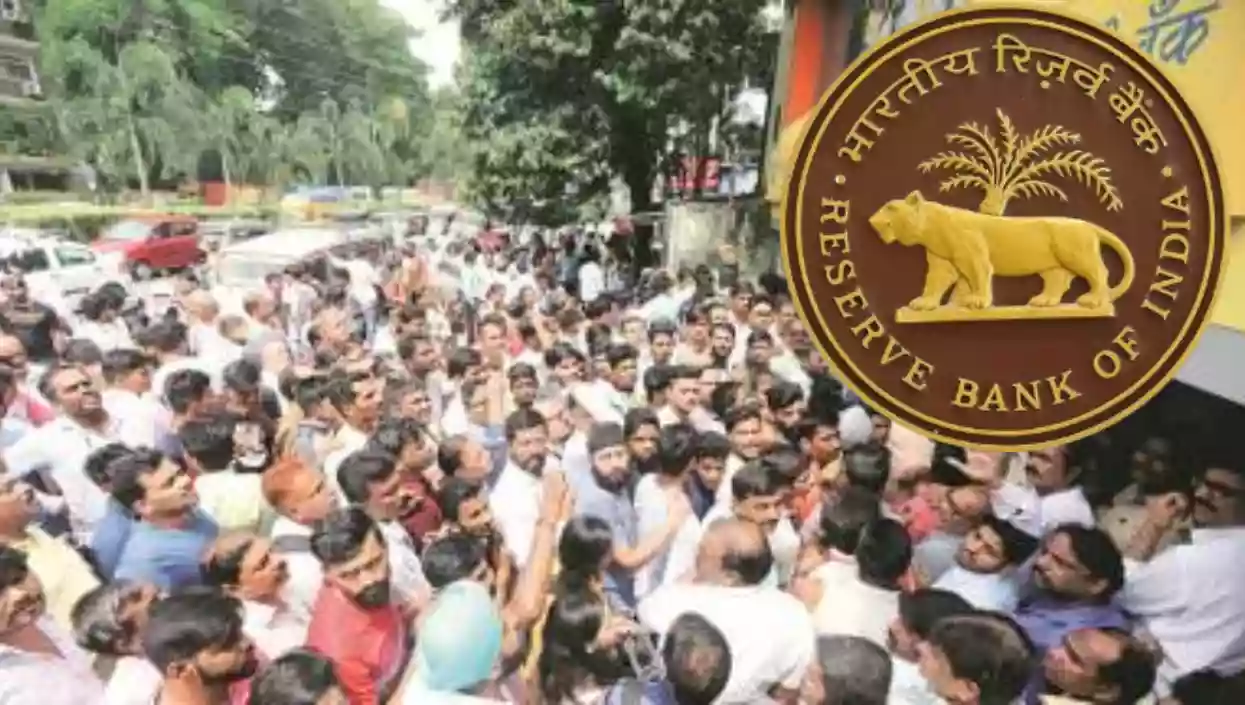.gif)
.gif)

The Reserve Bank of India (RBI) has imposed strict restrictions on Mumbai-based New India Co-operative Bank, citing concerns over its financial health. Effective February 13, 2025, the bank has been barred from disbursing loans, accepting new deposits, or allowing withdrawals. Customers are now unable to access their funds, triggering panic and long queues outside bank branches.
According to RBI, the bank's financial position has deteriorated, raising doubts about its ability to meet obligations. To safeguard depositors’ interests, the regulator has restricted all transactions, including the renewal of loans, fresh investments, and asset sales. These restrictions will remain in place for six months, during which the central bank will assess the bank’s viability.
The sudden move has left customers in distress, with many rushing to their respective branches in hopes of withdrawing their savings. However, under the imposed restrictions, withdrawals from savings, current, or fixed deposit accounts are not permitted. Images and videos circulating on social media show crowds of anxious depositors gathering outside locked bank doors, demanding clarity on the situation.
To ease concerns, the RBI has assured depositors that their funds are covered under the Deposit Insurance and Credit Guarantee Corporation (DICGC) scheme, which guarantees protection of up to ₹5 lakh per account in case of the bank’s collapse. However, many customers with deposits exceeding this limit remain worried about their financial security.
This is not the first time the RBI has taken such action against a cooperative bank. In recent years, several cooperative banks have faced similar restrictions due to financial mismanagement and liquidity crises. The RBI continues to monitor the banking sector closely to prevent major disruptions in the financial system.
With the restrictions in place for six months, depositors now await further announcements from the RBI regarding the bank’s future. If the financial situation does not improve, the central bank may consider stricter measures, including merging the bank with a stronger financial institution or initiating liquidation.